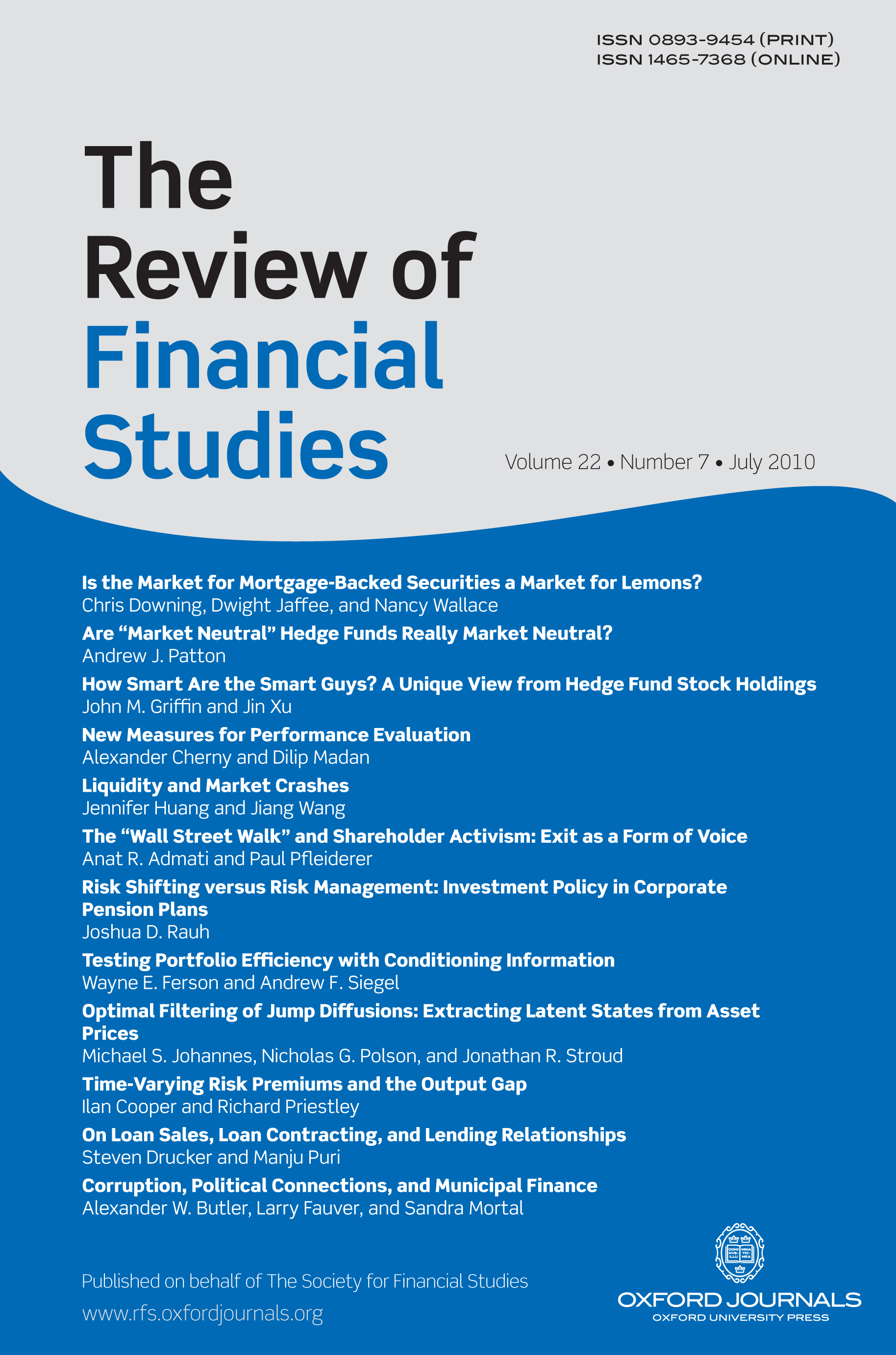
Mergers, Spinoffs, and Employee Incentives
This article studies mergers between competing firms and shows that while such mergers reduce the level of product market competition, they may have an adverse effect on employee incentives to innovate. In industries where value creation depends on innovation and development of new products, mergers are likely to be inefficient even though they increase the market power of the post-merger firm. In such industries, a stand-alone structure where independent firms compete both in the product market and in the market for employee human capital leads to a greater profitability. Furthermore, our analysis shows that multidivisional firms can improve employee incentives and increase firm value by reducing firm size through a spinoff transaction, although doing so eliminates the economies of scale advantage of being a larger firm and the benefits of operating an internal capital market within the firm. Finally, our article suggests that established firms can benefit from creating their own competition in the product and labor markets by accommodating new firm entry, and the desire to do so is greater at the intermediate stages of industry/product development.





